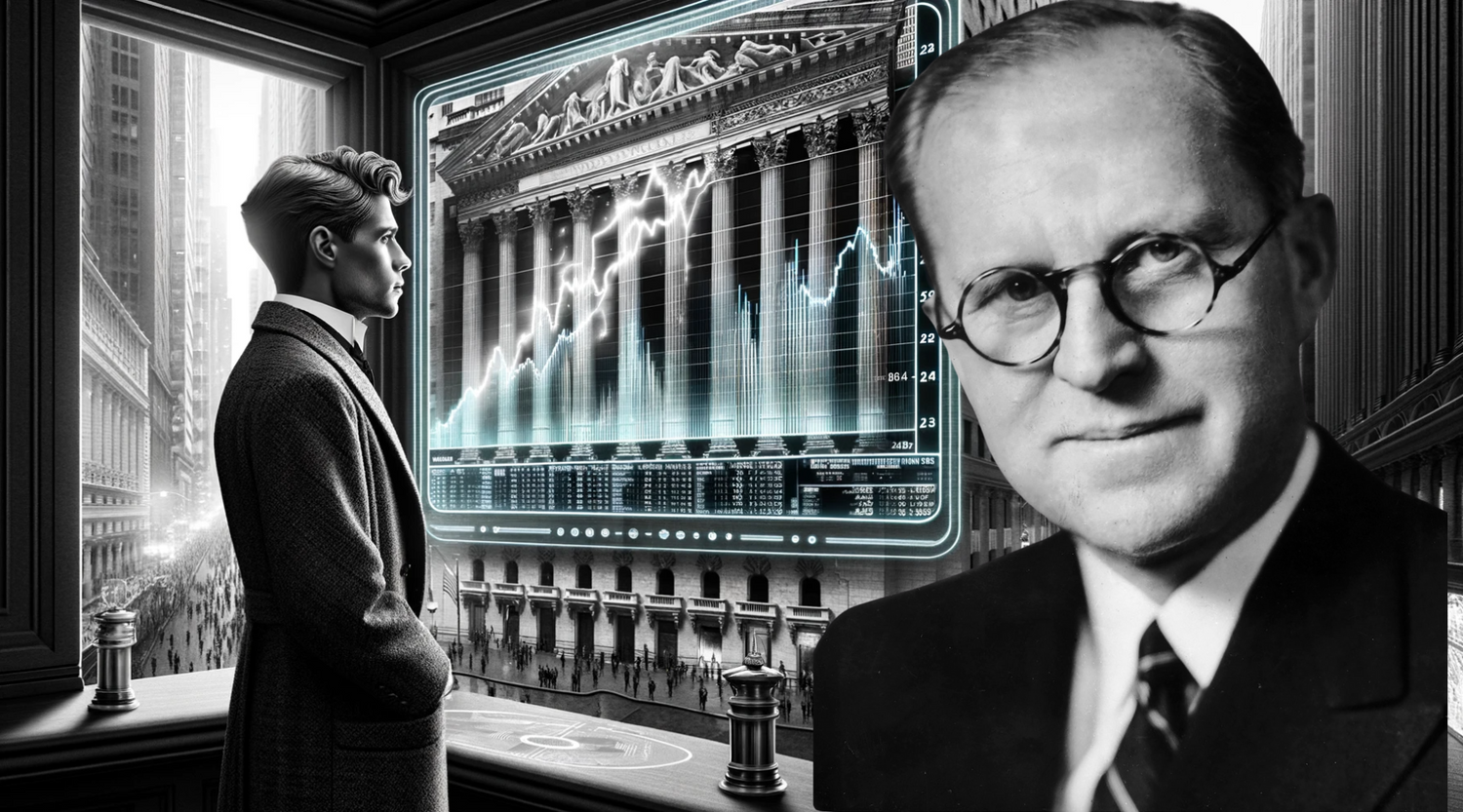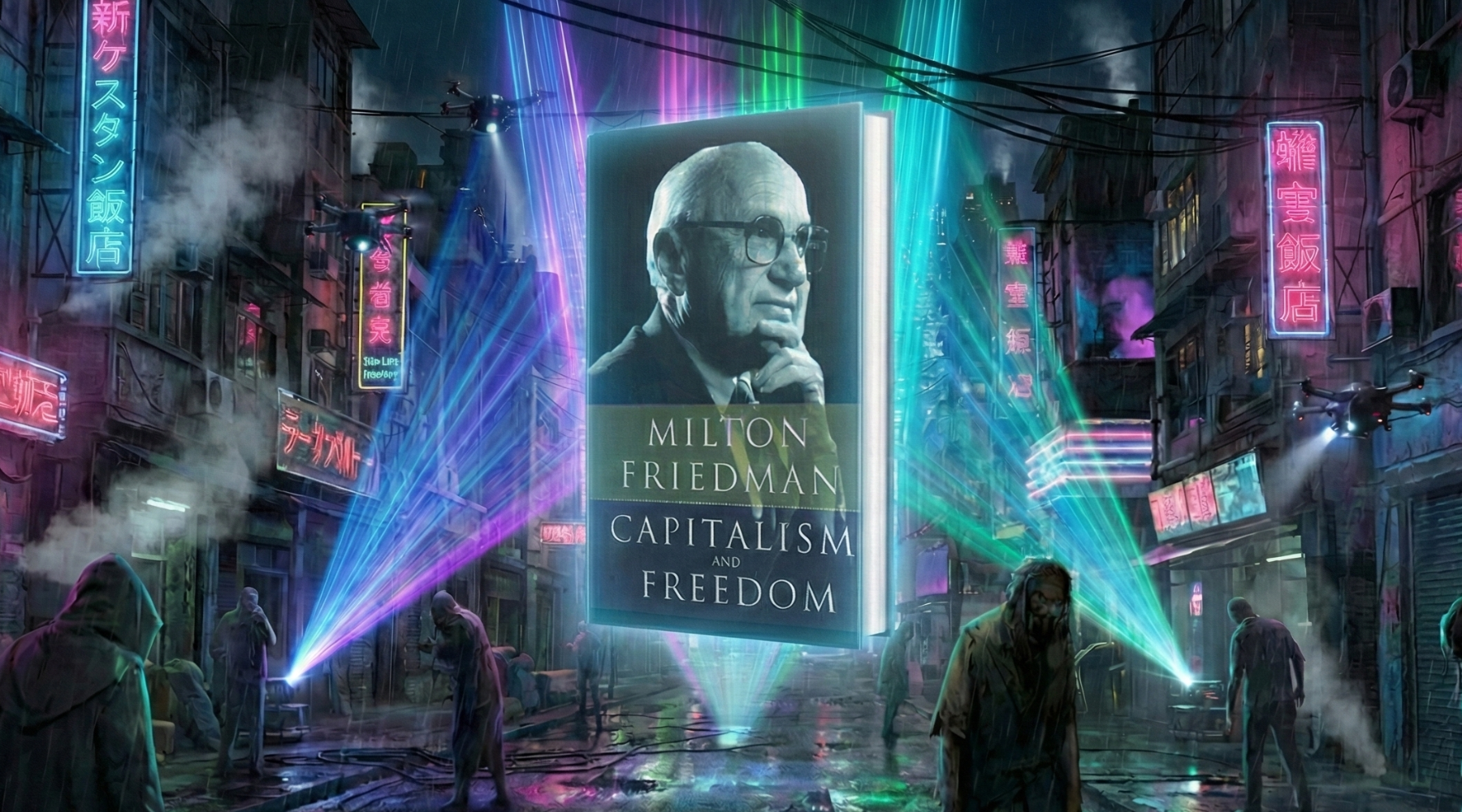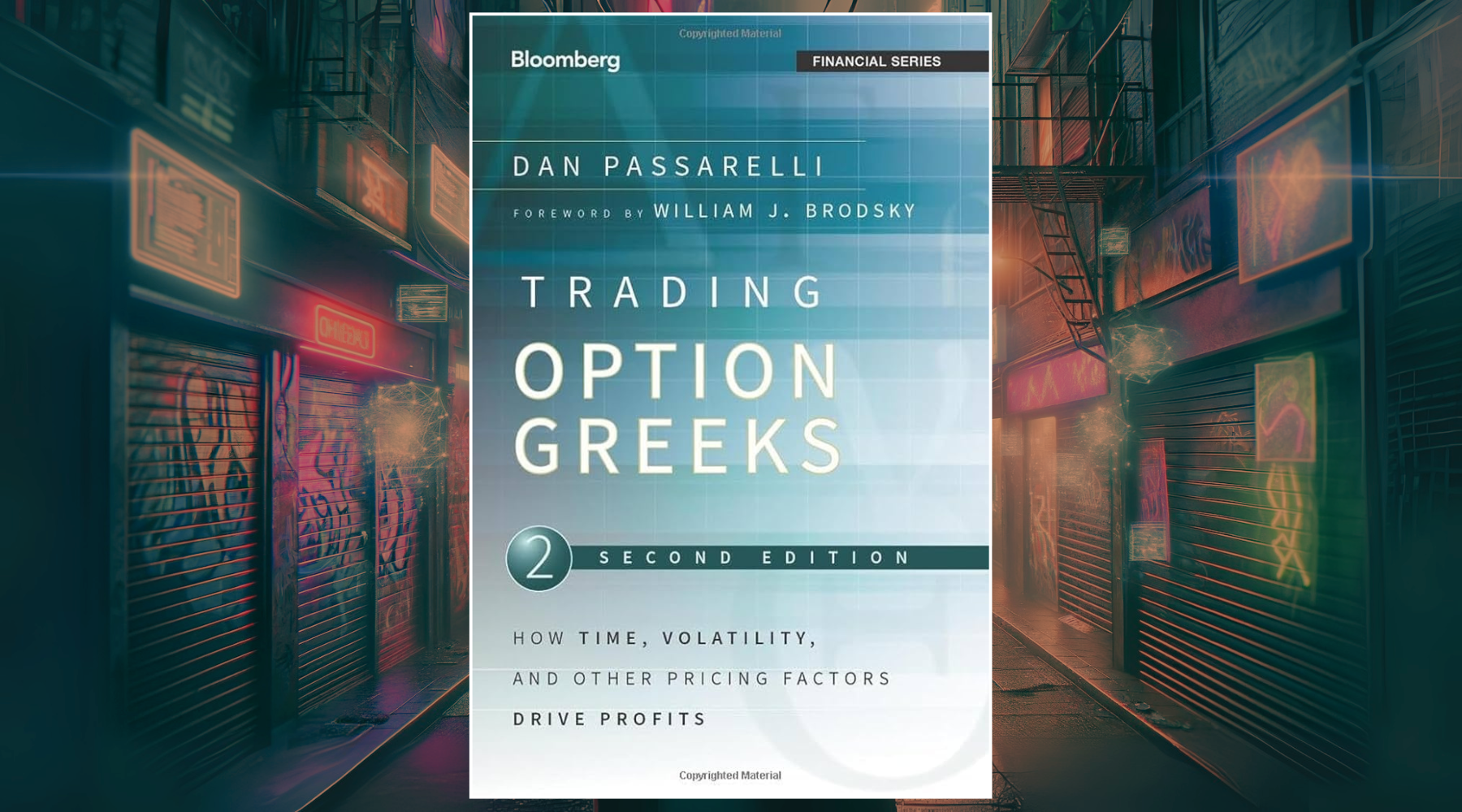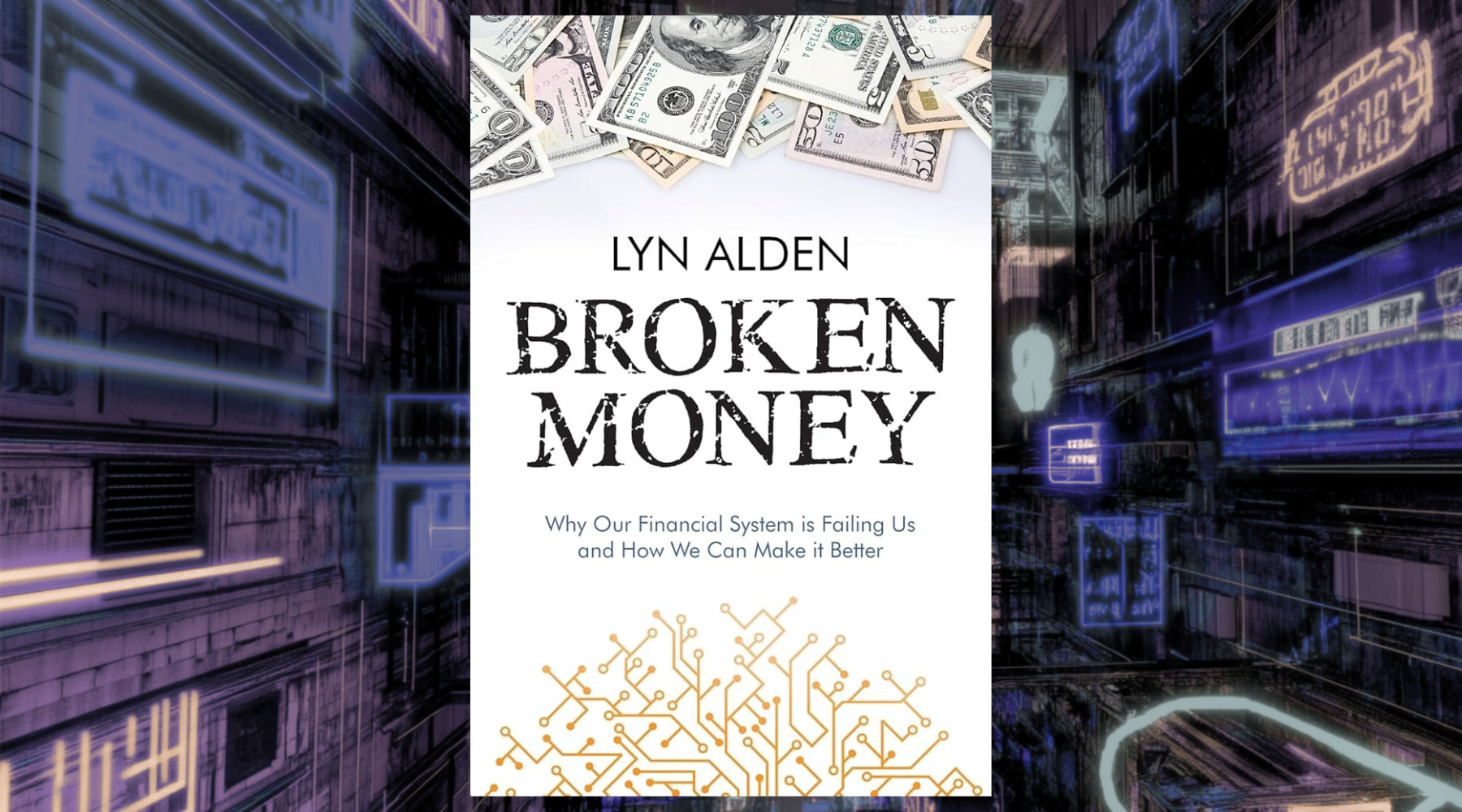Joseph P. Kennedy was the famous patriarch, or head, of the powerful Kennedy family. He was born in 1888 in Boston, Massachusetts to a respected Irish Catholic family. Though he came from a modest upbringing, Joseph went on to become an extraordinarily wealthy and influential figure in business, Hollywood, finance, and politics.
Some key facts about Joseph P. Kennedy's life journey include:
- Born into a family of 9 children in Boston in 1888
- Graduated from Harvard University in 1912
- Built a fortune by investing in stocks, taking over struggling companies, and investing in real estate, banks and liquor importation
- Became a movie studio owner in Hollywood in the 1920s
- Sold off stocks before 1929 Wall Street crash after supposedly getting insider trading tips
- Appointed the first SEC commissioner to oversee Wall Street in the 1930s
- Became a key political fundraiser for Franklin D. Roosevelt
- Served as United States Ambassador to Great Britain in lead up to Word War II
- Oversaw the vast Kennedy family fortune and pushed his sons to succeed
Joseph P. Kennedy's life story has laid the foundation for one of America's most prominent political dynasties.
Here's a really good video about Joseph Kennedy's life from the PBD Podcast.
Early Life and Family

Joseph P. Kennedy was born on September 6, 1888 in the North End neighborhood of Boston. His parents, Patrick and Mary Kennedy, were respected members of Boston's Irish Catholic community. Patrick worked successfully in business and local politics. Joseph was the oldest of nine children in the family, with seven brothers and two sisters.
As a child, the Kennedys lived comfortably as Patrick's businesses became profitable. Joseph attended the prestigious Boston Latin School, where he excelled academically. After graduating high school, he was accepted to the famous Harvard University. At just 24 years old, Joseph graduated from Harvard in 1912 with a degree in Economics.
At Harvard, Joseph fell in love with Rose Elizabeth Fitzgerald, the daughter of former Congressman John "Honey Fitz" Fitzgerald. Joseph and Rose married in 1914 when he was 26 and she was 24. Rose gave birth to their nine children - four sons and five daughters. Their second son, John F. Kennedy, would later become the President of the United States in 1960. Among Joseph and Rose's grandchildren are Congressman Patrick J. Kennedy and Ambassador Caroline Kennedy.

After finishing at Harvard and marrying Rose, Joseph was determined to make his mark on the worlds of business and finance. His amazing transformation from a modest upbringing to a vast financial empire was just getting started.
Making His Fortune
After marrying Rose, Joseph P. Kennedy was driven to provide for his new family and make his mark financially. Despite having no finance experience, he began aggressively investing in stocks right after graduating Harvard. Joseph had beginner's luck making profits from volatile mining stocks, giving him confidence to seek more money-making opportunities.
Some of Kennedy's shrewd early investments included:
- Using inheritance money to buy shares in local bank stocks
- Raising funds to purchase ownership in liquor importation companies before Prohibition made them extremely profitable
- Buying struggling Hollywood film studios at low prices, restoring them to profitability, and selling for large profits
By the late 1920s, Kennedy had accumulated one of the largest personal fortunes in America through his savvy investing. He avoided major losses in the 1929 stock market crash by cashing out his holdings after receiving an insider trading tip.
As millions lost savings during the Great Depression, Kennedy rapidly expanded his empire by:
- Merging struggling companies after the crash on favorable terms
- Starting a spirits importation company after Prohibition's repeal
- Making a fortune from the merged film studio RKO Pictures

Through expert deal-making and company reorganizations, Kennedy emerged from the Depression wealthier than ever, with a net worth over $200 million (billions today). From modest beginnings, he had built an enormous financial empire.
Hollywood Years
In 1926, Joseph P. Kennedy made a major move in Hollywood by purchasing Film Booking Offices (FBO) Studios for $1.1 million. Though he didn't know much about the movie industry, Kennedy believed he could make the film production company more profitable by cutting costs.
Over the next few years, Kennedy built up FBO Studios into a marginally profitable B-movie studio. He earned the nickname "Father of B-Pictures" for focusing on low-budget films that could quickly turn a profit. Some of the major money-makers released by FBO Studios while Kennedy owned it included:
- The Adventures of Tarzan (1921) series
- The Alberta Vaughn historical adventures
- George O'Hara comedies
Kennedy used his business connections on the East Coast to arrange beneficial mergers and distribution deals for FBO Studios. This allowed the company to grow despite mostly producing cheap knock-off films.
In 1928, Kennedy negotiated the sale of FBO Studios to movie mogul William Fox for $5 million. Fox was quickly trying to expand his empire by purchasing competitors. Kennedy personally pocketed an estimated $1.7 million from the FBO sale, tripling his initial investment in just two years.
While running FBO Studios, Joseph Kennedy became romantically linked to one of Hollywood's biggest stars - actress Gloria Swanson. He helped arrange financing for Swanson to start her own production company, allowing her to have more control over her films. Their business relationship turned into a secret affair condemned by the press since they were both married at the time.

Kennedy's Hollywood years exemplified his savvy business prowess of buying low and selling high by taking over a struggling company. His time as a studio owner also connected him to celebrity social circles that amplified his influence.
“It's not what you are that counts, but what people think you are.” - Joseph P. Kennedy Sr.
Wall Street Crash
On October 29, 1929, the New York Stock Exchange experienced the most devastating stock market crash in history. The Wall Street Crash of 1929 triggered the Great Depression as billions of dollars were lost in a matter of days. However, Joseph P. Kennedy emerged largely unscathed from the crisis thanks to an insider trading tip.
Just days before the Crash, Kennedy received a phone call from a friend warning him that it was time to exit the market while he was ahead. Kennedy then sold off his stocks mere days before the plunge. When asked later how he knew to sell before the 1929 crash, Kennedy referenced "a shoe-shine boy" giving him stock tips that signaled the market was overheated.
While the exact insider source remains a mystery, the pre-Crash sell-off proved extremely financially beneficial for Kennedy. His net worth reportedly grew over $15 million from 1929 to 1935 while most other investors lost their savings.
In the aftermath of the Wall Street Crash, the U.S. Government created the Securities Exchange Commission (SEC) to regulate stock market trading and prevent fraud or manipulation. In 1934, President Franklin D. Roosevelt appointed Joseph P. Kennedy to serve as the inaugural Chairman of the SEC. Kennedy helped restore public faith in investing by prosecuting shady dealers and upholding strict disclosure requirements.
"It's a damn good thing Joe Kennedy is on our side. He's too dangerous an SOB to have as an enemy." ~ President Franklin D. Roosevelt
Rather than retire in luxury, Kennedy remained highly active in business throughout the 1930s. He invested in alcoholic spirits companies just as Prohibition was repealed, making an additional fortune. Kennedy also consolidated struggling film studios into RKO Pictures, remaining involved in Hollywood. Over 25 years, his net worth skyrocketed again from around $5 million to over $200 million.

Thanks to shrewd market moves and political connections, Kennedy emerged wealthier and more powerful from the Wall Street crisis that ruined so many others. His actions surrounding the Crash only grew his legend for opportunism.
Short Selling the Panic
Kennedy learned about short selling and security trading in the early 1920s while working at the Boston brokerage firm Hayden Stone. He became adept at both sides of the market, managing a famous bull pool to defend Yellow Cab from bear raiders in 1924.
It was rumored when the stock dropped precipitously a few months later that Kennedy had turned and led his own bear raid. His biographer David Koskoff suggested that the size of Kennedy's fortune was too small in the 1930s for him to have been a large short seller during 1929, although the press said he sold short $15 million during the panic.
When Franklin D. Roosevelt later appointed him head of the new Securities and Exchange Commission (SEC), it was popularly thought to be a case of the fox guarding the chicken coop. He proved to be a serendipitous choice for constructing rules and laws because he was familiar with all phases of manipulation and market abuse.
Insider Trading Controversies
While Joseph P. Kennedy displayed clear business brilliance, his financial tactics also walked the line of unethical behavior. In particular, he benefited enormously from questionable insider trading around the 1929 Wall Street Crash.
Although the source remains uncertain, some historians allege the insider trading leak came directly from Kennedy's Wall Street contacts. Others hint that it could have even come directly from Treasury Secretary Andrew W. Mellon himself.
However, these insider trading ethical violations went largely unpunished at the time. In fact, President Roosevelt soon after appointed Kennedy to spearhead Wall Street oversight through the SEC. Kennedy avoided financial and legal consequences despite profiting enormously from this incident.
Critics pointed to examples like this of Kennedy seemingly profiting through shady tactics. Bootlegging whispers also followed him due to his massive wealth earned from liquor importation before and after Prohibition.
While Kennedy smartly worked within the boundaries of business laws, he knew how to cut corners and use every angle to his financial advantage. His actions surrounding the 1929 Crash epitomized doing whatever it takes to profit off a crisis.
Kennedy's Involvement in the Liquor Industry & Prohibition
Joe Kennedy had a significant involvement in the liquor industry during and after the Prohibition era. Despite the controversy surrounding his alleged ties to the underworld, it is undeniable that Kennedy's business ventures in the liquor industry greatly contributed to his wealth.
During Prohibition, Kennedy was rumored to have connections with several figures from the New York underworld, such as Owney Madden and Frank Costello. Madden claimed that Kennedy's liquor was served at Harlem's famous Cotton Club, and documents show that the Kennedy bank owned whiskey barrels in the early 1920s. However, the Kennedy family has consistently denied any ties to the underworld, and the rumors of bootlegging remain unconfirmed.

After Prohibition ended in 1933, Kennedy landed the lucrative British importation rights to distribute Haig & Haig Scotch whiskey, Dewar's, Gordon's gin, and other imported drinks. He created a new firm called Somerset Importers, which became his vehicle for profiting from the end of Prohibition.
Somerset was the exclusive sales agent in New England for National Distillers Products Corp.'s liquor products. This arrangement significantly increased Kennedy's wealth and solidified his position as a prominent figure in the liquor industry.
Kennedy's involvement in the liquor business during and after Prohibition is well-documented, but his alleged ties to the underworld and bootlegging activities remain unconfirmed and controversial. Nonetheless, his business ventures in the liquor industry greatly contributed to his wealth and solidified his position as a prominent figure in the industry.
Becoming a Political Power Player
In addition to his business empire across Wall Street, Hollywood and more, Joseph P. Kennedy became deeply ingrained in national politics during President Franklin D. Roosevelt's administration. He used his wealth and influence to form beneficial alliances.
Some of Joseph P. Kennedy's major political activities included:
- Serving as the first Chairman of the Securities Exchange Commission (SEC) from 1934 to 1935
- Becoming a close friend and ally of President Franklin D. Roosevelt
- Helping run FDR's 1936 re-election campaign by fundraising and making key introductions
- Strengthening his family's prominence in the Democratic Party
- Getting appointed United States Ambassador to Britain in 1938
As U.S. Ambassador to Britain, Joseph P. Kennedy used his platform overseas to urge American neutrality and non-intervention at the early stages of World War II. He had to resign in late 1940 after making controversial remarks seen as sympathetic to Adolf Hitler. This damaged Kennedy's reputation, though he avoided severe consequences thanks to his friendship with FDR.

While Kennedy's isolationist stance proved short-sighted given the evils of Nazism, it demonstrated his lasting commitment to keeping America out of foreign wars. This non-intervention worldview would later be championed by his sons John F. Kennedy and Robert F. Kennedy during their political careers.
Joseph Kennedy's friendships with key figures like Roosevelt and Churchill offered him insider access to the halls of power. His prowess as a businessman and fundraiser also gave him significant political leverage. Though his personal ambitions fell short, Joseph P. Kennedy used his wealth and connections to bolster his family's rising prominence. In time, his sons John, Robert and Ted Kennedy would all hold major elected offices.
Later Life and Legacy
After resigning as Ambassador in 1940 due to controversial statements, Joseph P. Kennedy kept a lower public profile while still wielding influence. He concentrated his efforts on expanding the family's wealth and power. Kennedy guided the careers of his sons John, Robert and Ted - all of whom would hold major political offices.
Some notable aspects of Joseph Kennedy's later life include:
- Oversaw the Kennedy family's enormous financial empire from home
- Supported son John F. Kennedy's rise from Congressman to President
- Continued his successful business dealings in real estate and show business
- Suffered a major stroke in 1961 that left him unable to walk or speak
- Attended son John's presidential inauguration in January 1961
- Died in 1969 at the age of 81 from complications
Joseph Kennedy left an incredible and polarizing legacy. He was admired for his rags-to-riches self-made fortune yet criticized for his ruthless tactics. Kennedy showed cunning for making money in Wall Street, Hollywood and beyond. He used insider trading tips and connections to increase his wealth when millions suffered economic turmoil.
"Kennedy was considered a ruthless businessman who stopped at nothing to make a profit. While he accumulated a massive personal fortune, it came at the cost of questionable business alliances and insider deals that walked the line of ethics and legality." - Observation from historian Arthur M. Schlesinger Jr.
As a political figure, Kennedy's isolationist views proved extremely short-sighted. But he also avoided major wars and helped sons who better reflected liberal democratic values. In just a few generations, the Kennedy clan rose from working-class Boston to achieving the highest offices in America thanks to Joseph's empire-building.
Joseph's personal life also faced tragedy with the assassinations of two sons, John and Robert. The ambitious patriarch didn't live to see his initial dream of a Kennedy become president fulfilled, but it continued through the political leadership of younger generations - the legacy he set out to establish through cunning business dealings and calculated risks.
Conclusion
Joseph P. Kennedy's life story embodied the American ideals of ambition, wealth and power. There's so much more to the Joseph Kennedy story, but to cover each aspect of his life would take much more than one article.
Nonetheless, Joseph Kennedy's influence across business, Hollywood, politics and more left an undeniable impact. He was a prime example of achieving the American Dream through ambition. And thanks to his efforts, Kennedy became the patriarch of America's most famous political dynasty.







